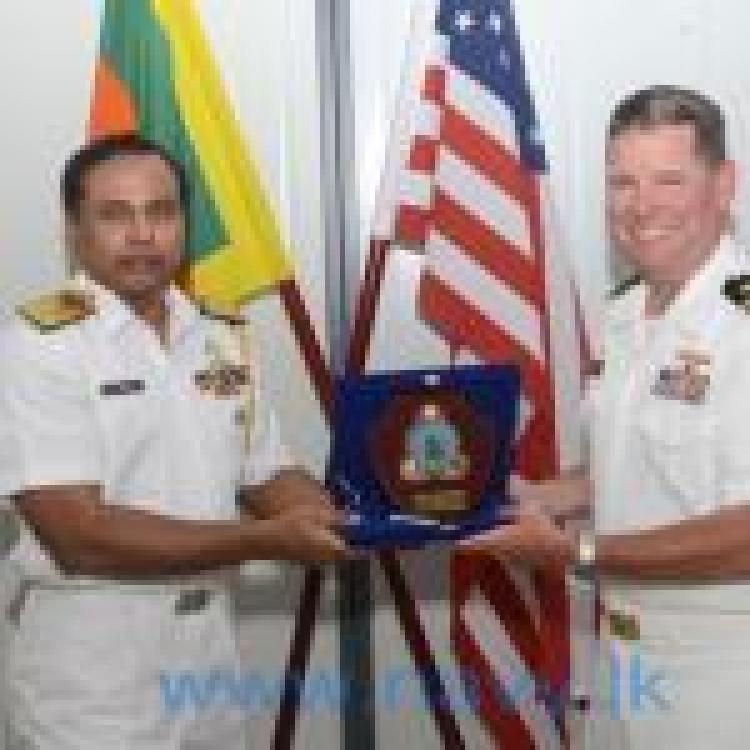Sri Lanka attempted to rebuff reports that it has lost sovereignty over the Chinese-controlled Hambantota Port, with a senior official insisting that Colombo still maintains oversight.
Ravindra Jayawickrema, CEO of Hambantota International Port Services (HIPS), a subsidiary of port operator Hambantota International Ports Group (HIPG) reiterated that the port is controlled by the Sri Lanka Ports Authority Act.
Jayawickrema told Xinhua that “all ships entering the port have to gain approval from the Harbormaster in Colombo". “The pilots who bring the ships in and out of the port are direct employees of the Sri Lanka Ports Authority,” he added.
His comments come after the Chinese embassy in Sri Lanka said it “highly appreciates” a statement from Sri Lankan president Gotabaya Rajapaksa, who declared his government would not renegotiate a deal over the Hambantota Port, which was handed to China on a 99-year lease in 2017.
The Hambantota Port has been cited as an example of the dangers of 'debt-trap diplomacy’, with the inability of the Sri Lankan government to repay the debt owed for the building of the port, leading to increasing concessions to its debtors. In this case, the port was handed over to the Chinese.
At the time, with nearly all government revenue going to debt servicing, the port was sold as part of Sri Lanka’s strategy to pay down some of its debt, estimated to be around $65bn (USD), including $8bn to China.
Jayawickrema's comments on the port come after the Economic Times in India, reported an adviser of Rajapaksa as having come forward to request that China must “give it back”.
NPR also published a piece on the Hambantota port, entitled "In Sri Lanka, China's Building Spree Is Raising Questions About Sovereignty".
See more from Xinhua here, the Economic Times here and NPR here.

